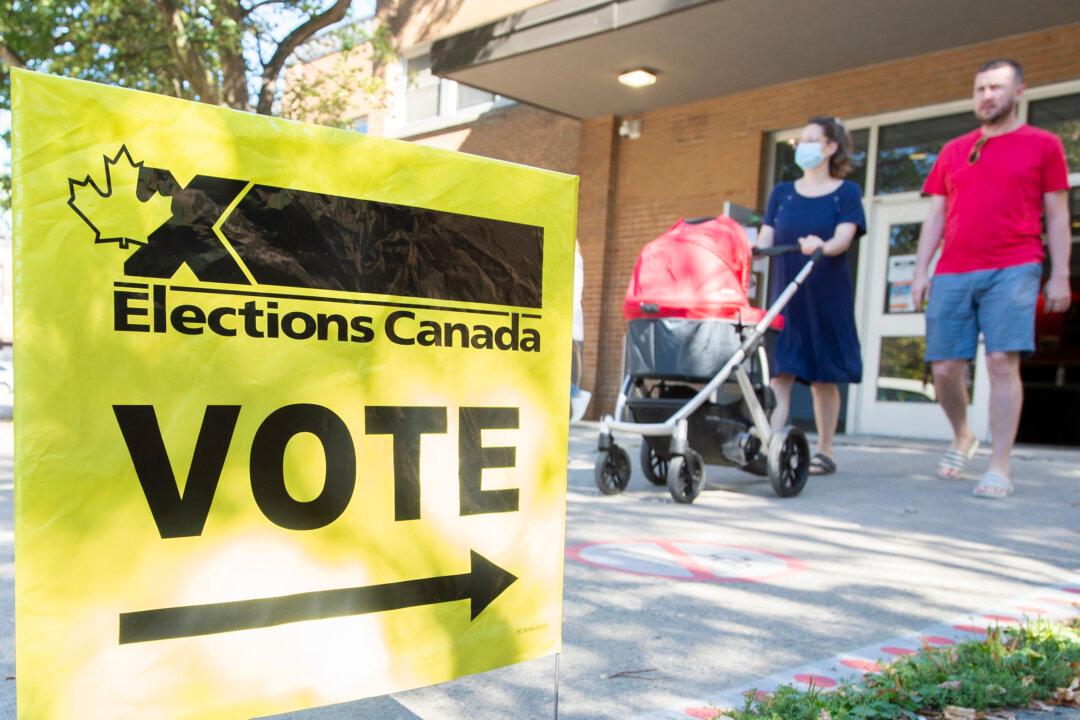Real estate agency Royal LePage’s House Price Survey predicts Canadian home prices should remain stable throughout the rest of 2023.
The report released on Oct. 12 shows the aggregate price of a home rose to $802,900 during the third quarter of this year, a 3.6 percent increase from 2022.




